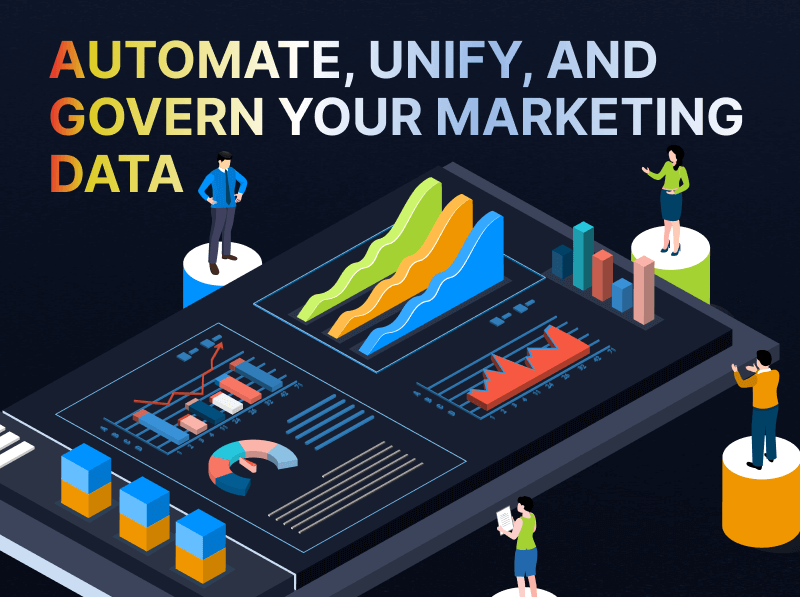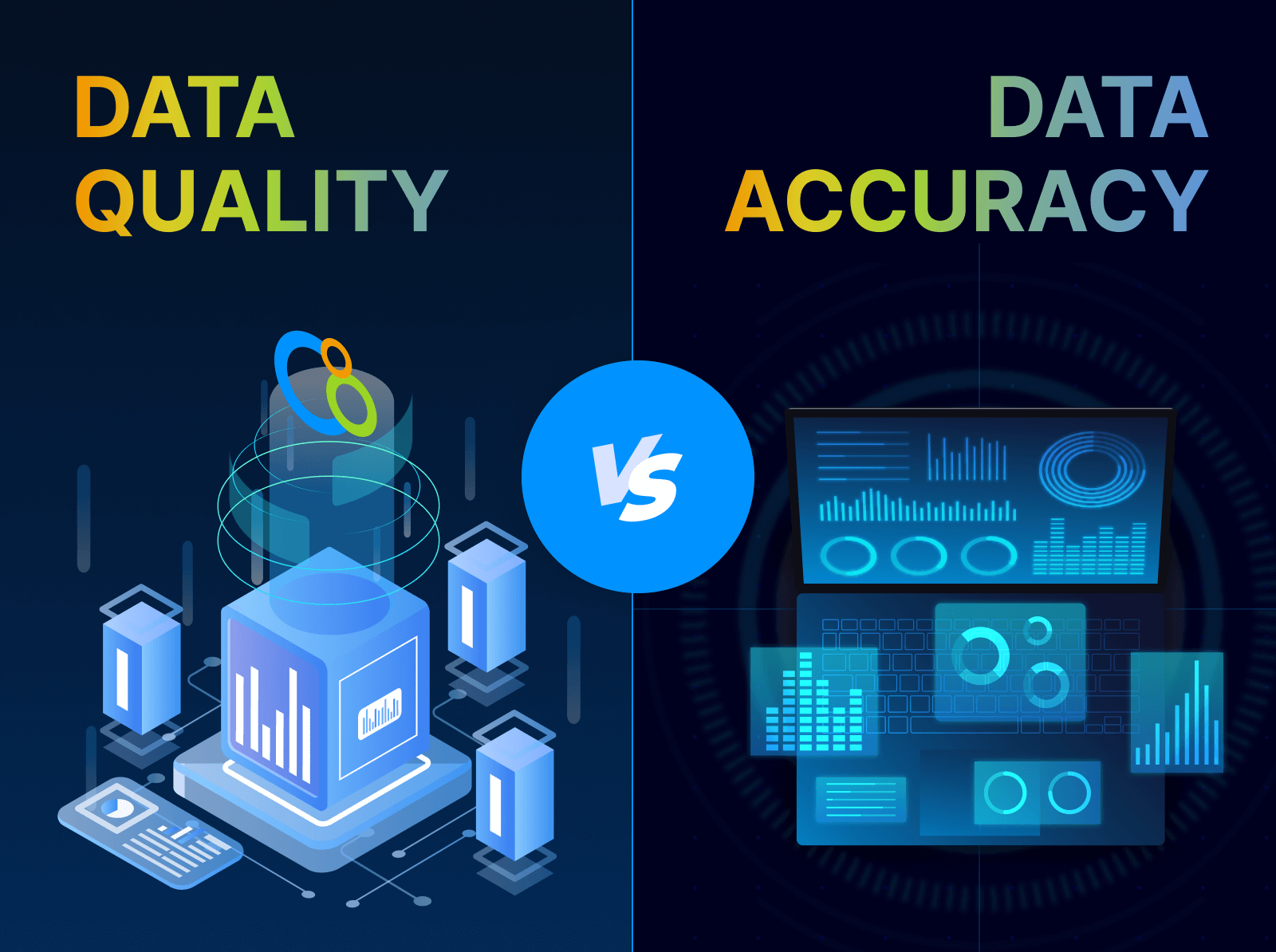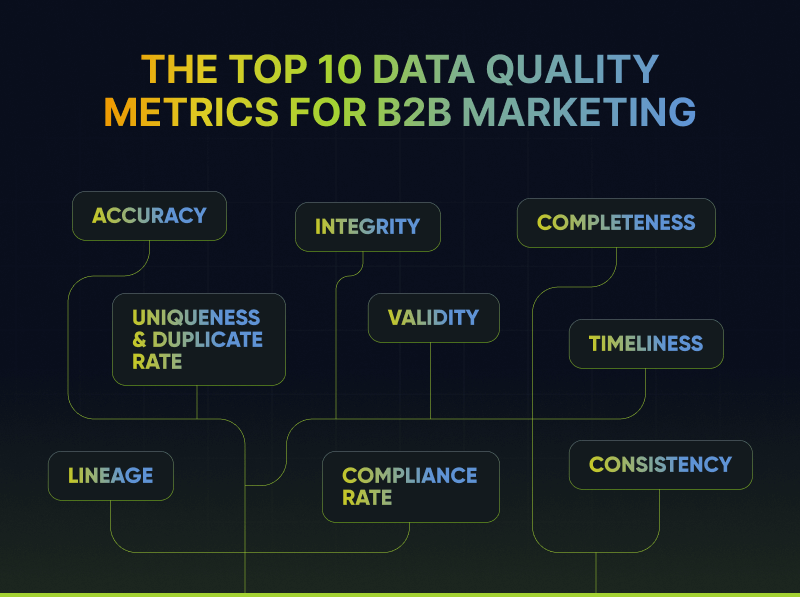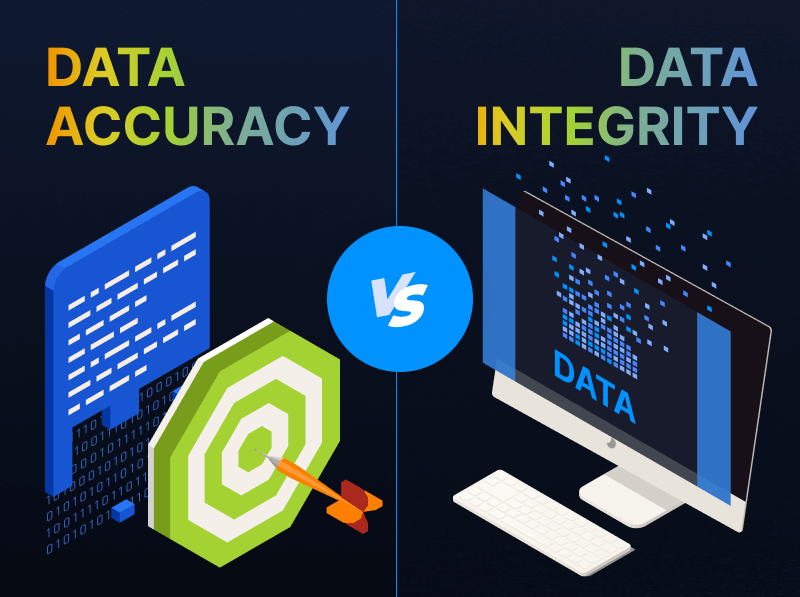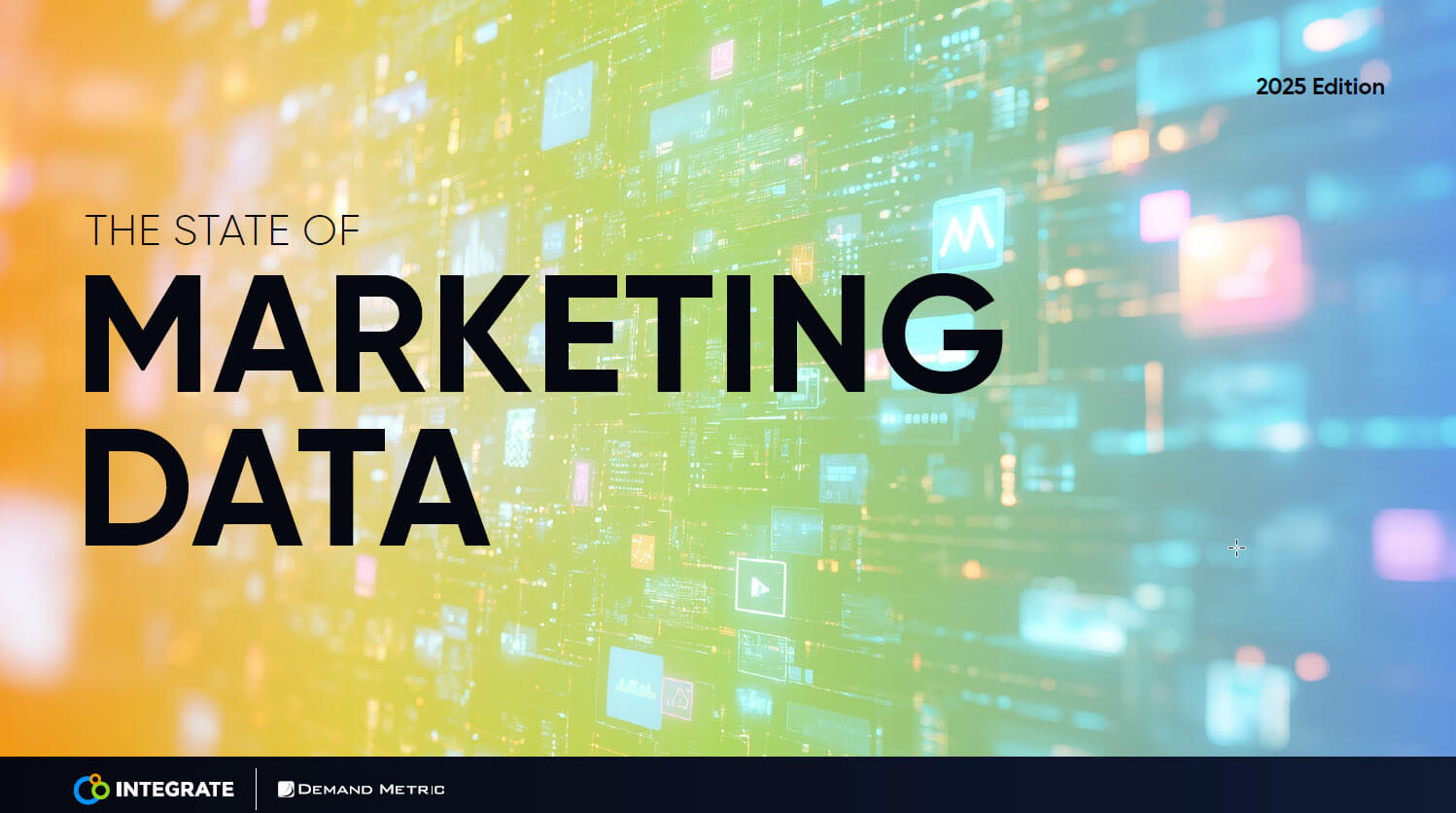Data Orchestration Explained: Automate, Unify, and Govern Your Marketing Data
These people were/are the best at it. Mozart, Beethoven, Vivaldi, Handel, Brahms: legends of past centuries. Leonard Bernstein, Leopold Stokowski, Marin Alsop: these conductors pioneered new structures for the 20th century. Hans Zimmer, Howard Shore, John Williams, and Danny Elfman: current household names composing music and conducting orchestras for the movies we love.
As conductor Benjamin Zander aptly put it, “The conductor of an orchestra doesn’t make a sound. He depends, for his power, on his ability to make other people powerful.” A conductor doesn’t play the instruments—but they ensure every musician is in sync, following the right cues, and delivering a powerful, unified performance.
In the world of data, the same principle applies. Lead data is everywhere—spread across systems, tools, and storage locations. To truly make an impact, it needs to flow seamlessly, be accurate, and most importantly, be actionable. This is where data orchestration comes in.
Just as a conductor brings together individual musicians to create harmony, data orchestration helps businesses unify data from multiple silos, ensuring it’s clean, compliant, and ready for use. Whether you’re a marketer optimizing campaigns or a data team managing vast datasets, orchestration is the key to turning raw data into a masterpiece of lead pipelines, meaningful insights, and closed deals where customers are finding solutions to their problems. And that’s a beautiful thing.
What is Data Orchestration?
Data orchestration automates the process of managing data workflows—think of it as the conductor of a symphony, ensuring every data point plays its part harmoniously. From moving data between systems to transforming and cleaning it for accuracy, data orchestration removes the manual headache and streamlines the entire flow.
Here’s what makes data orchestration so powerful:
- Centralized management: Consolidates data from various sources to provide a unified view.
- Automation: Handles repetitive tasks like transforming and cleaning data, reducing manual work.
- Data quality control: Implements quality checks to ensure your data is accurate and consistent.
- Analysis readiness: Prepares data for business intelligence tools, making insights accessible when you need them.
Data Orchestration Tools
The right tools make all the difference. Here’s how the leading data orchestration tools fit into different categories:
Integration Platforms
These solutions are designed primarily to connect disparate systems and facilitate data movement between them.
- Apache Airflow: A workflow automation tool that enables teams to programmatically schedule and monitor data pipelines but requires manual configurations and integrations.
- Talend: A data integration solution that helps organizations extract, transform, and load (ETL) data across different systems but does not manage data quality governance.
- MuleSoft: A robust API-led integration platform that enables connectivity between applications and data sources but does not centralize or refine data for marketing use cases.
While they play a critical role in enabling data workflows, they typically lack built-in data governance, validation, or deep analytics capabilities.
Cloud Data Platforms
Built for scalability and cloud-based data processing, these platforms focus on handling large-scale data ingestion and transformation but lack the marketing-specific orchestration that enterprise teams require:
- AWS Glue: A serverless ETL tool that automates data preparation and transformation.
- Google Cloud Dataflow: A cloud-based solution for batch and real-time data processing.
- Azure Data Factory: A data movement and transformation tool that enables hybrid cloud data orchestration.
Industry-Specific Orchestration Platforms
These platforms provide advanced orchestration capabilities tailored for complex business functions, such as marketing, sales, and revenue operations. Unlike basic integration tools, these platforms don’t just move data—they validate, enrich, govern, and optimize it for specific business needs:
- Openprise: Automates RevOps workflows by orchestrating data cleaning, enrichment, and governance to ensure accuracy and compliance.
- Integrate: Powers enterprise marketing operations by integrating and centralizing lead data across multiple channels. Unlike traditional integration tools, Integrate ensures that lead data is not just moved, but also validated, cleaned, and governed—making it actionable, measurable, and compliant for revenue-driven decision-making.
Why Use Data Orchestration?
Data orchestration solves some of the most frustrating challenges businesses face, while unlocking new opportunities:
- Enhanced data accuracy: Automation ensures your data is consistent and reliable, eliminating errors caused by manual handling.
- Improved operational efficiency: Orchestration frees your team from tedious manual tasks, letting them focus on strategic goals.
- Compliance peace of mind: Built-in governance ensures data privacy regulations like GDPR and CCPA are met effortlessly.
- Real-time insights: Orchestration makes sure your data is ready when you need it, fueling better decisions faster.
Data Orchestration Challenges
Like any transformative process, data orchestration isn’t without its hurdles:
- Integration complexity: Connecting legacy systems and new platforms can be tricky.
Solution: Use tools with pre-built connectors to simplify the process. - Data quality concerns: Handling inconsistent, duplicate, or incomplete data can derail workflows.
Solution: Automate validation and cleaning steps in your pipeline. - Scalability issues: Managing orchestration for growing datasets may strain resources.
- Solution: Choose cloud-based platforms designed for elasticity and scale.
How Integrate Makes Data Orchestration Easy
Integrate stands out as a specialized data orchestration solution for enterprise marketers. The platform focuses on lead data, ensuring it’s clean, actionable, and compliant. With Integrate, you can:
- Centralize data from all your marketing channels into one system.
- Automate processes like validation, enrichment, and routing to save time.
- Ensure compliance with privacy regulations and protect your brand from risks.
Learn more about Integrate’s Lead Management Solutions.
Conclusion: Orchestrate Your Data with Confidence
Data orchestration isn’t just a buzzword—it’s a necessity for businesses looking to stay competitive in a data-driven world. By automating workflows, ensuring quality, and preparing data for analysis, orchestration unlocks the true potential of your data.
Ready to take control of your data? Try Integrate for data orchestration and see how our platform simplifies workflows, improves data quality, and accelerates revenue growth.
Make Music with your Data: Get Started with Integrate Today
Sources:
- Benjamin Zander Quote: https://www.ted.com/talks/benjamin_zander_the_transformative_power_of_classical_music
